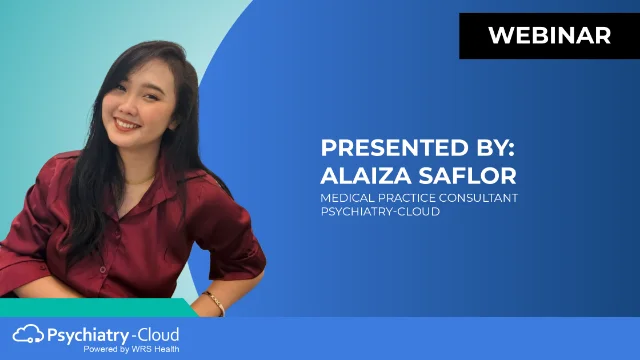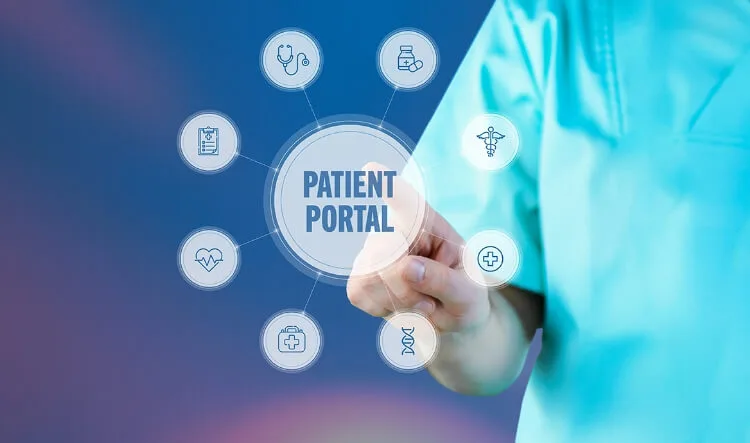Finding the right EHR system is a crucial decision for any behavioral health practice. Implementing a new EHR requires a significant investment of time, money and leadership.
To improve your chances of finding the right solution, the EHR software should be designed specifically for mental health professionals. A specialty-specific solution will improve your practice management, improve patient communication, and provide medication management, revenue cycle management and more.
How well a system ultimately meets the needs of a behavioral health practice largely depends on how well the practice or organization defines its needs before selecting a platform. Most practices begin by establishing key clinical, business and productivity goals.
To help you define the requirements for your mental health EHR system, we’ve provided a list of the most common features to look for when buying EHR and practice management software.
Behavioral Health Specialization: A specialty-specific behavioral health EHR is tailored for the needs and workflows of psychiatrists, psychologists, therapists, social workers and counselors. They include forms and templates tailored to the specialty, which helps improve overall workflow and efficiency.
Templates: A specialty-specific EHR will come pre-loaded with notes and templates specifically designed for psychotherapy and psychiatry, including DSM-IV-R / DSM-V criteria. You should be able to customize your charting preferences and integrate them into your existing workflow for evaluations, therapy sessions, follow-up visits and other encounters.
24/7 Access: In a cloud-based system, the data is stored externally and can be accessed from anywhere, only requiring a computer with an internet connection. There is no hardware or software installation required. Client-server systems store data in-house and requires a server and software be installed in the practitioner’s location. These days, behavioral health practices are increasingly turning to cloud-based EHRs for IT resource savings, improved accessibility and security reasons.
Patient Scheduling: An EHR for psychiatry and behavioral health practices should allow you to create your own appointment types, such as new patients and support groups. Track patient appointments and know which clients rescheduled, cancelled or did not show.
Patient Communication: The patient portal enables patient registration, appointment requests and prescription refills. Patients can receive automatic appointment reminder calls, emails and SMS messages.
Medication Management: E-prescribing and drug interaction checking are particularly important in psychiatry, where multiple medications and complex regimens makes medication management a particular challenge. Recalls and health maintenance reminders are also important as drugs such as lithium, tricyclic antidepressants and clozapine require therapeutic monitoring and ongoing lab work.
Billing and Revenue Cycle Management: Integrated charge capture and claim creation is important for billing efficiency. Having a claim automatically created and populated with charge codes from the visit can help streamline the revenue cycle process.
Certification: Eligible health care professionals and hospitals must use certified EHR technology in order to achieve Meaningful Use (MU) and qualify for government incentive payments. Certified EHRs have the functionality and security necessary to reach those benchmarks.
Meaningful Use Reporting: Meaningful Use defines the minimum government standards for using EHR and for exchanging patient clinical data between healthcare providers, insurers and patients. The rules determine whether or not a provider may qualify for government incentive payments. The ability for on EHR to create detailed reports tracking MU attestation is essential for reimbursement.
The process of choosing an EHR can be challenging and takes time. Knowing your organization’s goals and the features you require will help you decide on a system that best suits the needs of your behavioral health practice.










